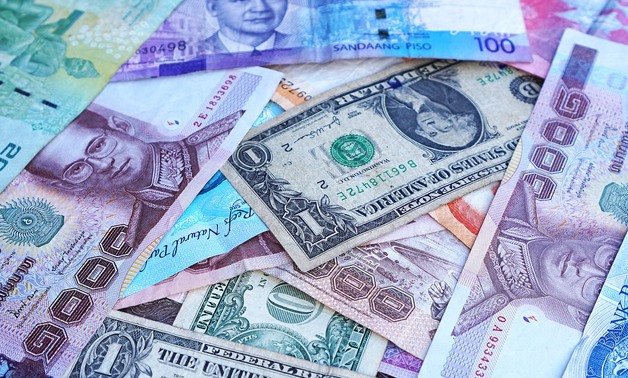
Banknotes Money Us Dollars Euro Currency Forex- CC via Maxpixel
LONDON - 18 July 2018: The euro fell and the yen slid to a six-month low on Wednesday as the dollar extended its rally following bullish comments from U.S. Federal Reserve Chairman Jerome Powell about the strength of the U.S. economy.
In his closely watched congressional testimony on Tuesday, Powell said he saw the United States on course for years more of steady growth.
Powell also played down the risks to the U.S. economy of an escalating trade conflict between China and the United States, reinforcing the view of many investors that interest rates will continue rising this year and into next.
The dollar surged across the board, hitting a two-week high against a basket of major currencies.
“We are back in a conventional world where monetary policy divergence is in play and monetary policy supports the dollar,” said Adam Cole, chief currencies strategist at RBC.
“We think the market is underpricing hikes for next year. The real debate is about rate hikes next year,” Cole said. RBC expects four 25 basis point hikes next year against a market consensus of just over one.
The Fed is expected to have hiked a total of four times in 2018 to tackle rising inflationary pressures.
The dollar index rose to 95.267, up 0.3 percent on the day and just below its 95.531 12-month high hit in June.
The euro dropped 0.3 percent to $1.1619, still above its 2018 low of around $1.15.
With U.S. rates continuing to rise and most other major central banks taking only tentative steps towards monetary normalisation, many analysts expect more dollar upside. RBC is forecasting a year-end euro/dollar of $1.12.
The dollar rallied to as high as 113.14 against the yen, its strongest since January 9.
“The dollar stands to gain further, particularly against the yen, with risk aversion in the equity markets petering out,” said Junichi Ishikawa, senior FX strategist at IG Securities in Tokyo.
“And while long-term Treasury yields are not rising prominently, this is a reflection of investor demand for U.S. assets that generates a degree of dollar-buying.”
The 10-year Treasury yield firmed this week but it has been on a steady decline from a seven-year high above 3 percent set in May.
The two-year Treasury yield, most sensitive to the market’s views on changes in Fed policy, has risen to a decade-high. As a result the U.S. yield curve was the flattest in 11 years and close to inverting.
An inverted yield curve is sometimes seen as a sign of waning confidence towards the economy and a signal for a recession.
Sterling extended overnight losses after the government narrowly won a vote on its Brexit proposal, underlining the political divisions that have hampered efforts to agree a united front in negotiating with Brussels.
The stronger dollar also hit higher-yielding currencies. The Australian dollar fell half a percent to $0.7347, extending Tuesday’s falls.
The Canadian dollar also dropped 0.3 percent to C$1.3234.
China’s yuan came under a renewed bout of selling and was 0.3 percent lower at 6.7435 in offshore markets.
Comments
Leave a Comment